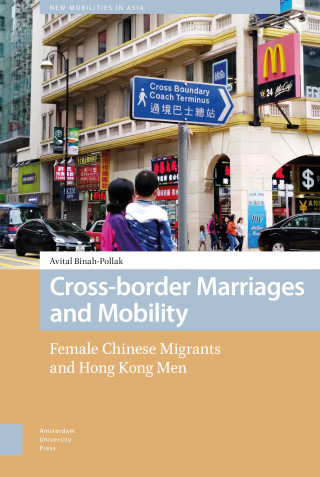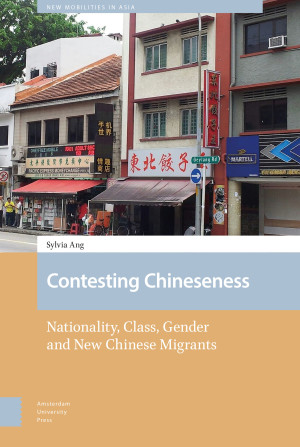Nearly eleven million Chinese migrants live outside of China. While many of these faces of China’s globalization headed for the popular Western destinations of the United States, Australia and Canada, others have been lured by the booming Asian economies. Compared with pre-1949 Chinese migrants, most are wealthier, motivated by a variety of concerns beyond economic survival and loyal to the communist regime. The reception of new Chinese migrants, however, has been less than warm in some places. In Singapore, tensions between Singaporean-Chinese and new Chinese arrivals present a puzzle: why are there tensions between ethnic Chinese settlers and new Chinese arrivals despite similarities in phenotype, ancestry and customs? Drawing on rich empirical data from ethnography and digital ethnography, Contesting Chineseness: Nationality, Class, Gender and New Chinese Migrants investigates this puzzle and details how ethnic Chinese subjects negotiate their identities in an age of contemporary Chinese migration and China’s ascent.

